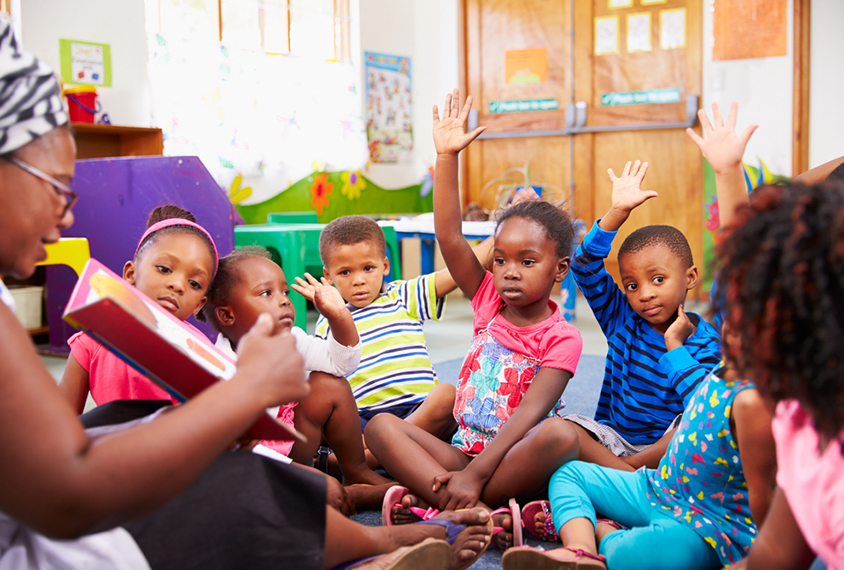AS COVID-19 SWEPT THROUGH THE WORLD, SOME AREAS OF OUR lives were more deeply affected than others, one of them being education. Before the pandemic, technology had started taking a more prominent place in education, and online learning was being integrated into the system.
When Covid-19 struck, schools and tertiary institutions were forced to change their models rapidly, migrating to digital options. Soon, the talk pivoted to blended learning and hybrid solutions, combining in-person and virtual classrooms and teaching methods. How likely are we to return to old teaching methods and classroom settings, we ask educationist, author and speaker Tom Bennett, who hails from the United Kingdom (UK) and is the Director and Founder of researchED.
“After Covid, I see education 95% snapping back to where it was before, because the face-toface model of education simply cannot be beaten in most circumstances. The one benefit of the Covid experience has been that people the world over have seen how hard it is to home school children, how much blended learning often lacks compared to face-to-face… but also we have learned remote learning is not something impossible to manage and that where it is useful, we have lost our fear of trying it. For example, in the UK, whenever it snows, schools often shut and nothing gets done. But now, no more snow days, although I’m not sure that children and staff are as happy about that!” Bennett says.
He was a teacher in the East End of London for 13 years before founding researchED, which he describes as “an international non-profit that asks simple questions that can change the world”. The organization brings together everyone within the educational ecosystem – “not just the privileged priest class of education, but teaching assistants, administrators, teachers, as well as academics, leaders and researchers – to share their thoughts about what they do, and what evidence informs what they do.”

They travel the world, presenting low-cost, inclusive and accessible events, which are particularly popular among teaching staff, who are hungry for answers to questions like: ‘How can I achieve what I want, without struggling blindly in the dark? What does the evidence tell me? When do things work, and when do they not work?’
Bennett has written four books on classroom behavior and evidence-informed education. “Ideas about how we manage behavior are still stuck in the 19th century, and too many teachers and schools are forced to reinvent the wheel every generation instead of building upon what we have found to work and improving upon it,” he explains.
“Teachers rarely get an evidence-informed training as they begin their careers, and many schools still make decisions based on intuition, gut feeling and hunches. But children – and teachers – deserve much better than that. We can do much better than that.”
Lately, we have seen a burgeoning of technology solutions to a myriad of questions that Bennett says teachers aren’t asking.
“Tech companies are often guilty of selling solutions to problems no one has, and ignoring the lack of evidence to back up the boldest of their claims. That’s not to say that tech doesn’t offer enormous opportunities to supplement and support education, but also to say that schools and countries have poured billions into tech promises that have rarely materialized.
“Evidence tells us many things that teachers can incorporate into their classrooms with only a little effort and with huge dividends: low-stakes retrieval practise (frequent testing) secures lesson retention enormously; being aware of cognitive load theory teaches us the students need information presented in manageable chunks, and that teachers should favour direct instruction with novice learners before allowing them too much freedom to drive their own studies.
This is especially relevant with blended forms of learning, where beginning learners often drown in what they don’t know, and might lack the motivation and the foundational knowledge how to drive their own learning at home.” And finally, how does Bennett see the purpose of education?
“The beauty of education is it has no intrinsic purpose. We have purposes for education. So when we ask ‘How should we educate?’ Then we have to first ask, ‘What do we think the aim of this education is for?’ Only once we have answered that can we rationally begin to decide what we need to do, whether we’re trying to teach the best of what has been thought and said, prepare citizens for the future, or help children become fully rounded human beings.”
Disclaimer: This article was originally published on Forbes


